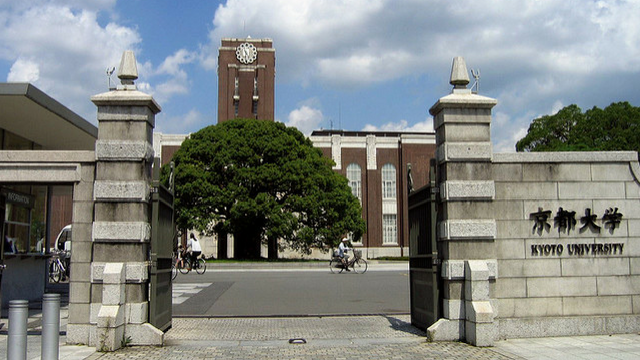 FLICKR, JPELLGENUpdate (March 30): Kyoto University has fired Kohei Yamamizu, Retraction Watch reports. Shinya Yamanaka also received an as-yet-unknown penalty.
FLICKR, JPELLGENUpdate (March 30): Kyoto University has fired Kohei Yamamizu, Retraction Watch reports. Shinya Yamanaka also received an as-yet-unknown penalty.
Kyoto University announced the results of an investigation into research misconduct this week (January 22), finding one of its scientists—who was part of a research group headed by Nobel laureate Shinya Yamanaka—guilty of falsifying data in a study published in Stem Cell Reports last year. The university has requested that the journal retract the paper, Reuters reports.
The investigation concluded that the lead author of the paper, Kohei Yamamizu, had fabricated all six main figures of the study, which were “pivotal in the conclusions the author drew,” Yamanaka told a press conference (via Nikkei Asian Review). The authors had claimed success in modelling the blood-brain barrier in vitro using induced pluripotent stem (iPS) cells.
Yamamizu is an assistant professor in a research group led by ...













